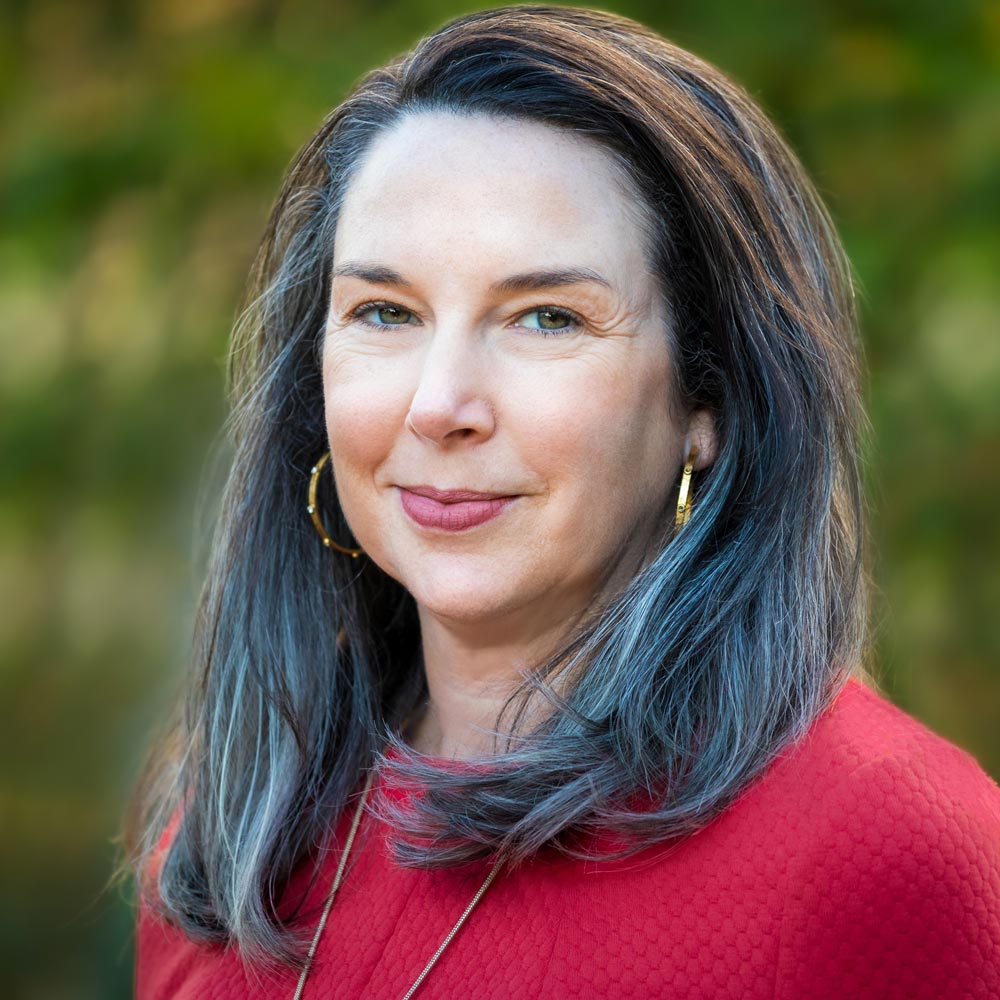I was blowing it. There I was, sitting with a direct report who ran an important program in a far corner of the state. He came to see me in person because he needed my input on several urgent matters, but the moment he sat down, my phone started blowing up with email notifications, text alerts, and phone calls. My eye kept drifting to the mounting scroll of unread email on my laptop. We weren’t a minute into our conversation before I picked up my phone and tapped out a quick response to someone.
His face sank. “Brigid, I’ve been planning for this meeting for a month,” he said. “I can’t go back without answers.”
If you’ve been a leader in an organization for any length of time, you’ve had at least one of these wake-up calls. You’re preoccupied, scattered, unfocused, and much worse, not providing the support your staff needs to succeed. In short, you’re not grounded.
Learning to ground yourself in the present moment is one of the most valuable skills you can have as a leader today. It’s not just some concept pulled from pop psychology or new age spirituality. It’s the critical difference between leadership that is stagnant and underperforming and one that is resilient.
During a typical leadership interview process, one of the first questions they ask you is to explain your leadership style and to talk about how you will lead the organization. If they hire you, it is largely because they liked what they heard. But from the moment you sit down at your desk on the first day, there will be all sorts of forces seeking to change your leadership style and divert your focus in hundreds of different directions. Meeting requests will pile up, emails, texts, unsolicited advice, demands from stakeholders, and emergencies. Without being grounded, your leadership will become a reflection of all this external input: messy, fragmented, and without direction.
You’re going to have to develop a practice to stay grounded and focused: delegate it, or just ignore it. You don’t need to attend every meeting, answer every email, or return every phone call.
I hear your voices already: You don’t understand. There are so many things to do, so many fires to put out. If I don’t handle it, the roof will cave in.
I hear you. Leaders are always going to have to manage a bit of frenzy. But multitasking is not your path to larger success. Numerous studies have shown this*. Moreover, you weren’t hired to do everything. You were hired to be a strategic leader to guide an organization full of talented people.
Make an effort to only do one thing at a time. And make sure that this one thing takes you closer to where you want your leadership and your organization to be in five or ten years.
Some might say that being present in the moment actually undermines long-term strategic thought, but the opposite is true. When you are truly focused on the long vision, you can choose the tasks that demand your undivided attention right now. Those tasks will be the antidote to the many pressures you’re feeling to perform against your long-range goals.
Getting yourself grounded is your path to being the leader you want to be, not one determined by all the noise around you.
#ResilientLeadership #GroundedLeader
*There are a lot of published papers on this topic. Here is just one.

